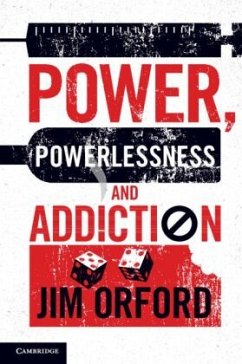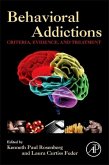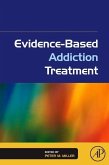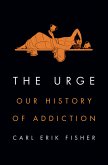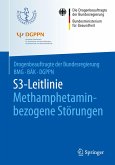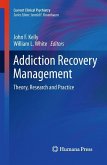Addiction exercises enormous power over all those who are touched by it. This book argues that power and powerlessness have been neglected in addiction studies and that they are a unifying theme that brings together different areas of research from the field including the disempowering nature of addiction; effects on family, community and the workplace; epidemiological and ethnographic work; studies of the legal and illegal supply; and theories of treatment and change. Examples of alcohol, drug and gambling addiction are used to discuss the evidence that addiction is most disempowering where social resources to resist it are weakest; the ways in which the dominant discourses about addictive behaviour encourage the attributing of responsibility for addiction to individuals and divert attention from the powerful who benefit from addiction; and the ways in which the voices of those whose interests are least well-served by addiction are silenced.
'This book brings together Jim Orford's vast knowledge of addiction research and theory and, using the unifying concept of power, it examines the multi-layered nature of how we are, at several levels, disempowered by our involvement with addictive consumptions. From the three case studies at the opening to his examples of communities reclaiming power at the end, his chapters move progressively from the individual, to families, to neighbourhoods and communities and onto the broader societal and industrial contexts that shape addictions in our lives. It is the first book on addiction I have read that thoroughly integrates so many important strands of thinking on this complex topic.' Peter J. Adams, Centre for Addiction Research, University of Auckland, and author of Fragmented Intimacy: Addiction in a Social World

